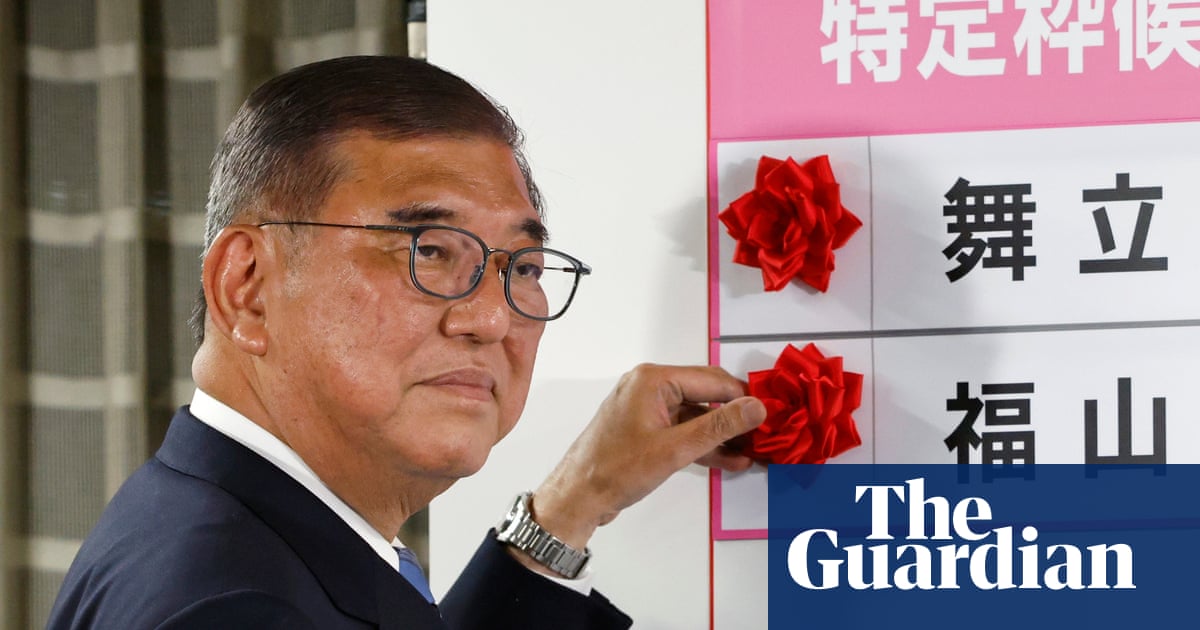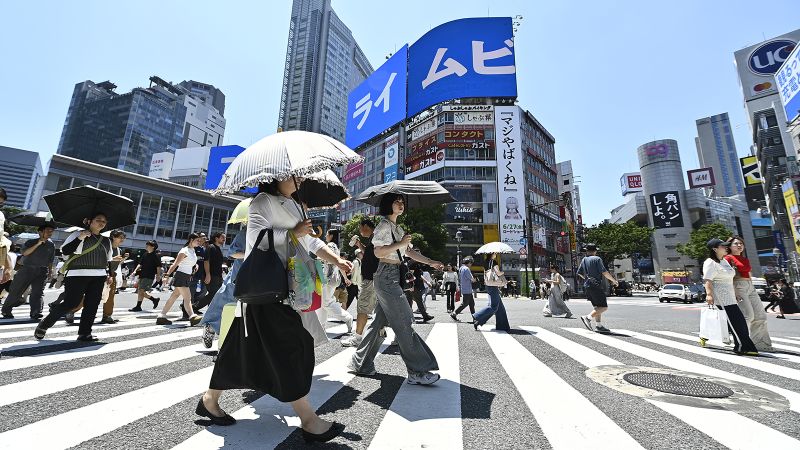T4K3.news
Shigeru Ishiba's coalition loses majority in Japan's upper house
Ishiba faces challenges as his government deals with rising public dissatisfaction and urgent trade negotiations.

Ishiba's government is under strain as key negotiations loom with the US.
Shigeru Ishiba faces pressure after coalition loss in upper house elections
Shigeru Ishiba, Japan's prime minister, is in a precarious position after his coalition lost its majority in the upper house elections. His Liberal Democratic Party, alongside its coalition partner, Komeito, secured only 47 of the needed 50 seats in the 248-seat chamber. Ishiba acknowledged the defeat as a harsh reality for his leadership, especially with looming trade negotiations with the United States regarding potential tariffs. As Japan grapples with economic challenges, including high inflation and weak export data, the LDP must now seek support from opposition parties. Meanwhile, the far-right Sanseito party made unexpected gains, indicating a shift in voter sentiment.
Key Takeaways
"The LDP was largely playing defence in this election, being on the wrong side of a key voter issue."
This quote highlights the LDP's failure to address voter concerns about inflation and tax policy.
"We must never ruin these negotiations. It is only natural to devote our complete dedication and energy to realising our national interests."
Ishiba underscores the urgency of trade talks with the United States amidst political uncertainty.
The loss of the upper house majority signals a growing frustration among Japanese voters, particularly over economic issues. The rise of the Sanseito party highlights how even minor parties can captivate disillusioned segments of the electorate. With rising concerns over tariffs and inflation, Ishiba’s government finds itself in a difficult negotiation space, requiring cooperation amid public discontent. This situation not only threatens Ishiba's position but also challenges the long-standing dominance of the LDP amidst emerging political alternatives.
Highlights
- Shigeru Ishiba faces mounting pressures from voters and economic challenges.
- The rise of Sanseito signals shifting political dynamics in Japan.
- Japanese voters demand real action on inflation and tax cuts.
- Ishiba must navigate a delicate political landscape amid trade tensions.
Risk of political instability in Japan
The loss of the upper house majority puts Ishiba's government at risk, complicating crucial negotiations with the US and raising public dissatisfaction.
The future of Japan's political landscape may rest on how well Ishiba navigates these challenges.
Enjoyed this? Let your friends know!
Related News

Japan’s upper house election results threaten Ishiba’s majority

LDP-Komeito coalition faces major electoral loss

Japan's ruling coalition may lose majority in critical election

Japan votes in key election for Ishiba

LDP suffers significant loss in Japan elections

Japan's ruling party likely loses majority in election

Japan's ruling coalition predicted to lose upper house control

Japan sets up task force to address foreign resident issues
